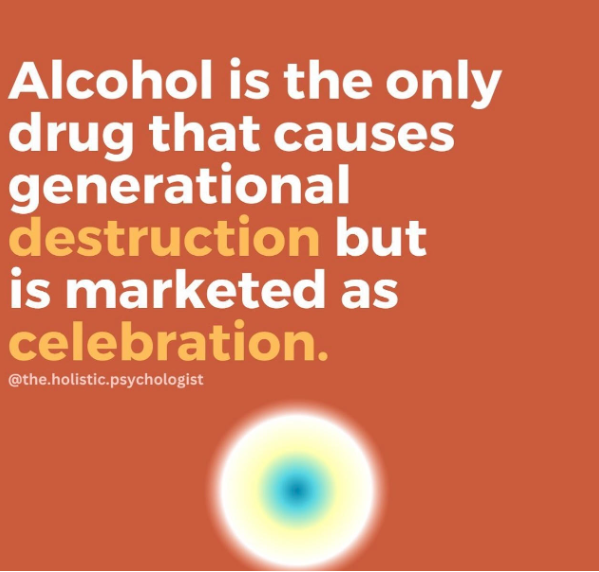How You Can Help More Men Seek Mental Health Help.
I recently took part in a wellness fair for a traditionally male dominated industry and much to my surprise, many of the employees I encountered had sought support for their mental health in the past or were at least quite open to it. As I was reflecting on this, it occurred to me that the number of men seeking therapy has grown significantly since beginning the practice in 2018.
Despite the increase though, there are still many who have never sought support and have faced significant struggles in their life. This likely contributes to the fact that men have consistently higher rates of completed suicide compared to women.Here are the possible reasons why men are more reluctant to seek therapy and how we can bring those numbers up as a society:1. There are societal expectations of masculinity and what it means to be a “man” (aka discouraging emotional vulnerability and seeking support).2. Men are more likely to engage in substance abuse as a means to cope with stress, depression, or other mental health challenges rather than therapy as it is more socially acceptable and often encouraged.
3. Traditional gender roles often discourage men from seeking emotional support or developing close relationships. Men typically have fewer social support networks where they can talk about emotions, where it feels normal, where they won't be accused of being called a “girl” (something I heard recently). There is also a lack of emotional vocabulary or understanding of feelings or what's happening within the body. Men often express their mental health struggles differently than women and not usually in the form of emotions. A colleague once said, "there are only 3 societal things men are “allowed” to feel: hungry, horny and happy."
4. Men may manifest mental health issues through anger, irritability, aggression, or risk-taking behaviours rather than experiencing typical symptoms like sadness or anxiety. They often don't notice emotions within themselves like sadness, hopelessness.
To be a part of this solution, you can focus on...
A. Challenging societal norms: Encouraging conversations that challenge rigid gender norms and redefine masculinity can help create a more supportive environment for men to seek help without stigma. Men need to be able to share with other men they go to therapy and see the value in expressing themselves in this way.
B. Start young: We need to be teaching children the language of emotions and look at how we may treat boys and girls differently. We can also teach them how to recognize signs of struggle within themselves.
C. Media needs to show more role models, where men are seen expressing emotions and demonstrating vulnerability.
D. Training healthcare professionals: Providing training to health practitioners to recognize and address the unique challenges faced by men can improve the quality and accessibility of mental health services. Their signs of struggle can be different and harder to pick up on. At the end of the day, if you are human, you will struggle. Regardless of your gender identity, part of being a card carrying member of the human race means that you will feel hard emotions, set backs, let downs, hurt feelings and more. Men should be able to express this and seek support as much as any other gender.
~ Laura, Clinical Therapist
We're here if you want to talk :) Take the first step and call us for an appointment ...(506) 651-1239


